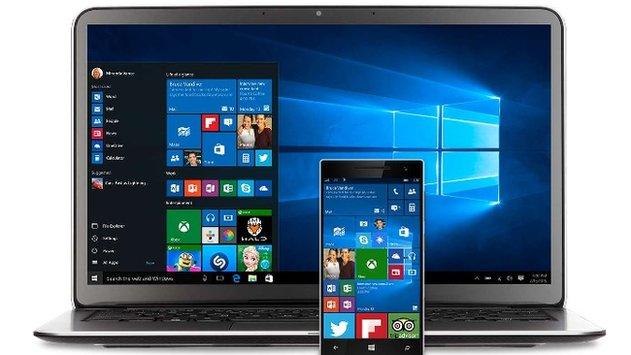Windows 10 software condemned by Which?
- Published
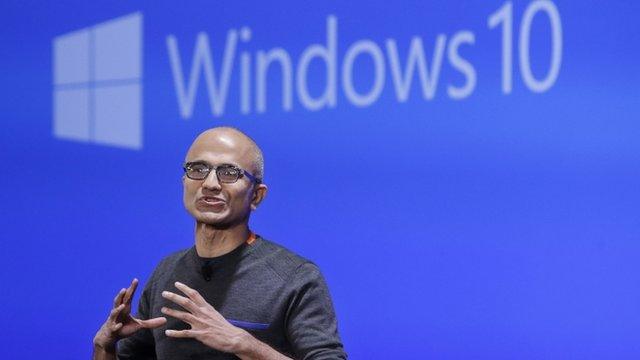
Microsoft boss Satya Nadella wants Windows 10 to be a unifying force across many different types of devices
Microsoft has been criticised over its Windows 10 software by consumer rights group Which?.
The body said it had received hundreds of complaints, external about the upgrade, including lost files, emails no longer syncing and broken wi-fi and printing.
In some cases, it said, users had had to pay for their computer to be repaired.
Microsoft defended its software and highlighted that it provided help online and by phone.
"The Windows 10 upgrade is a choice designed to help people take advantage of the most secure and most productive Windows," said a spokesman.
"Customers have distinct options. Should a customer need help with the upgrade experience, we have numerous options including free customer support."
Which? surveyed more than 5,500 of its members in June, and said that 12% of the 2,500 who had upgraded to Windows 10 had later reverted to an earlier version.
Feeling nagged
The charity said users had complained of feeling "nagged" by regular alerts prompting them to upgrade their system, and, despite declining the notifications, had said Windows 10 had installed itself regardless.
"Once installed, people reported various problems, including printers, wi-fi cards and speakers no longer working with their PC; instances of lost files and email accounts no longer syncing; and, most significantly, their computer encountering such problems that they had to pay someone to repair it," Which? said.
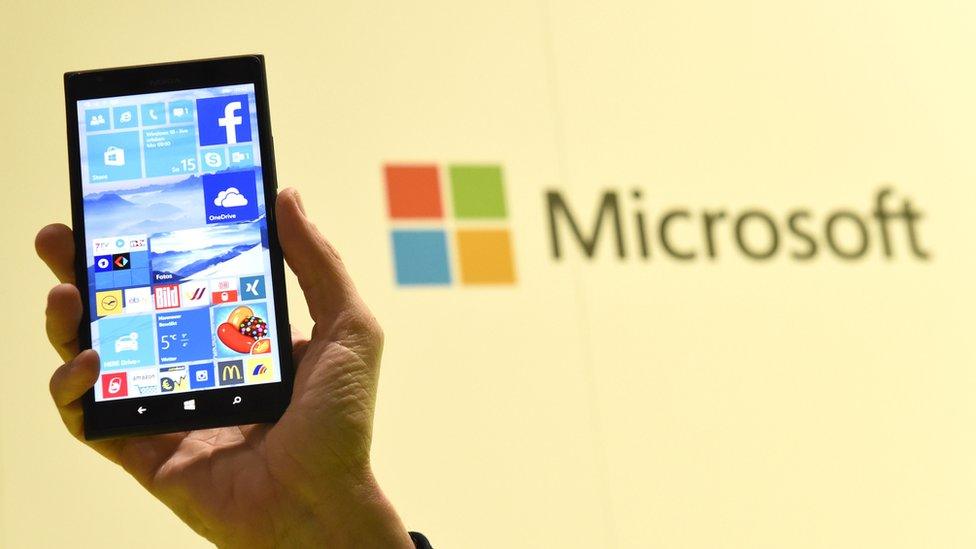
Windows 10 software also runs on Microsoft's smartphones
"There have also been complaints about poor customer service from Microsoft when users contacted the company about the problems they are having."
Alex Neill, Which? director of campaigns and policy, added: "We rely heavily on our computers to carry out daily activities, so, when they stop working, it is frustrating and stressful.
"Many people are having issues with Windows 10, and we believe Microsoft should be doing more to fix the problem."
Running concerns
Windows 10 was released in July 2015 as a free upgrade for one year, and was designed to run across laptops, desktop computers, smartphones and Microsoft's augmented reality headset HoloLens.
Last month, millions of webcams were rendered useless after an update to Windows 10.
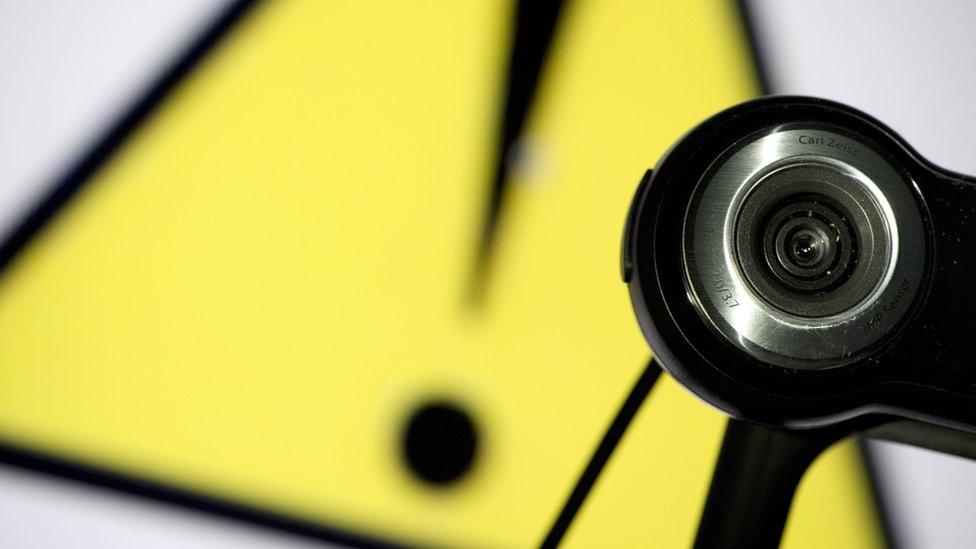
Many webcams failed to work after their tethered computers downloaded the update
A Microsoft camera engineer who responded to complaints on the support thread at the time acknowledged the company had done "a poor job" of letting people know about the change.
In July, the French data authority said Windows 10 gathered an "excessive" amount of personal data about users.
By default, the software collects information on how it is used - including installed apps and how much time is spent using them.
"[Microsoft] is collecting excessive data, as these data are not necessary for the operation of the service," said the National Data Protection Commission.
Stuart Miles, founder of gadget news site Pocket-lint, external, said: "With a rollout of this size, it is always likely there will be issues and problems experienced by some users.
"On the whole, Windows 10 has been received well, and was a notable step up from the previous Windows 8, which did not go down well with many users."
- Published22 August 2016
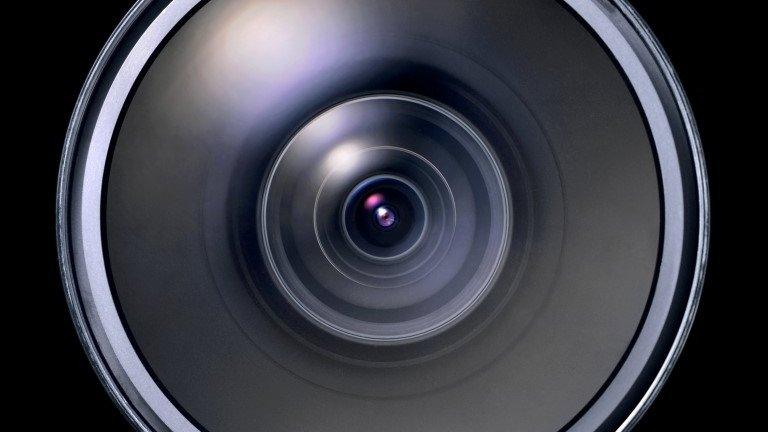
- Published29 July 2015
